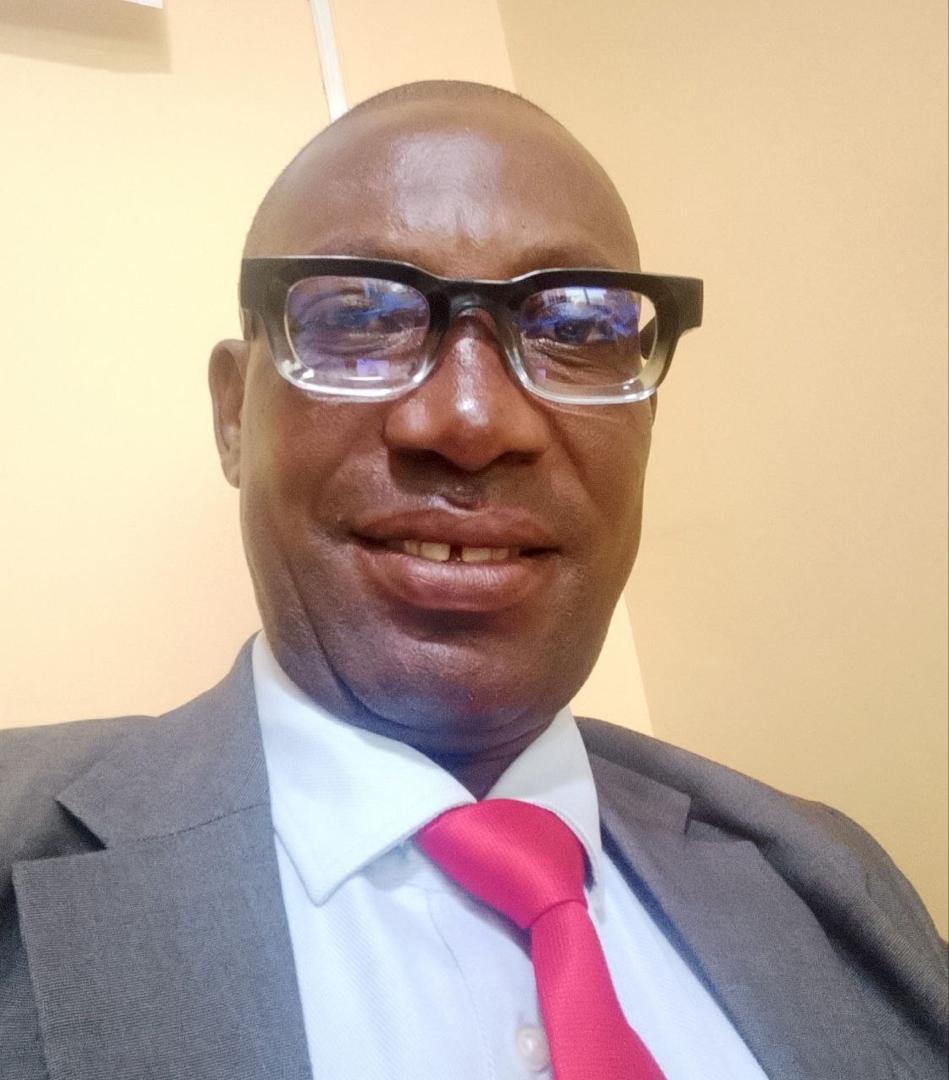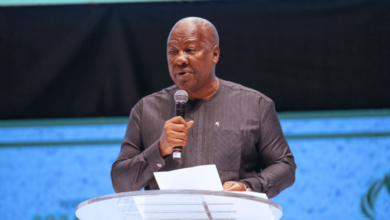The recapitalization of the Bank of Ghana (BoG) by the International Monetary Fund (IMF) carries significant implications for the Ghanaian economy and banking sector.
Positive Implications:
Enhanced Financial Stability:
The infusion of capital strengthens BoG’s financial foundation, bolstering its capacity to uphold the stability of the financial sector and mitigate systemic risks.
Debt Alleviation:
The IMF loan facilitates the repayment of existing debts, thereby lightening the government’s debt burden and creating room within the fiscal framework for investment and social welfare initiatives.
Boosted Confidence in Banking:
Endorsement from the IMF instills confidence in Ghana’s banking system, fostering trust among depositors and attracting investments.
Improved Business Climate:
A robust and well-capitalized banking sector facilitates access to credit for businesses, stimulating economic expansion and employment opportunities.
Heightened International Cooperation:
The IMF’s involvement signifies Ghana’s commitment to prudent financial governance, enticing foreign investors and nurturing economic advancement.
Negative Implications:
Conditionalities:
IMF loans typically come with conditions that may constrain the government’s fiscal and monetary policies, potentially limiting its flexibility during economic downturns.
External Dependency:
Reliance on the IMF and other external creditors for recapitalization heightens Ghana’s economic dependence, potentially compromising its autonomy.
Moral Hazard:
The extensive bailout might incentivize banks to engage in risky behavior in the future, counting on government intervention in times of crisis.
Inflationary Risks:
Mismanaged influx of foreign capital could trigger inflationary pressures if not managed vigilantly.
Reputational Risk:
Seeking IMF assistance could be perceived as a sign of economic weakness, potentially tarnishing Ghana’s international standing.
Additional Considerations:
Effective implementation of the government’s reform agenda is paramount for the success of the recapitalization, necessitating measures to enhance fiscal discipline and governance.
Complementary structural reforms, such as addressing non-performing loans and fortifying banking oversight, are essential to augment the effectiveness of the IMF program.
Prudent monitoring and evaluation mechanisms are indispensable for gauging the progress and ramifications of the recapitalization.
In Conclusion:
The IMF-led recapitalization of the Bank of Ghana presents both opportunities and challenges for Ghana. By judiciously managing risks and instituting supportive reforms, the government can mitigate adverse outcomes and harness the benefits to fortify the economy and bolster financial resilience.
In another development,
The World Bank on Friday, May 31, approved a $250 million International Development Association (IDA) credit for a five-year Ghana Financial Stability Project.
The project will support Ghana’s Financial Sector Strengthening Strategy (FSSS) by contributing to financial stability through the recapitalization of viable Banks and Specialized Deposit-taking Institutions (SDIs) impacted by Ghana’s Domestic Debt Exchange Program (DDEP).
The financial system is critical to the functioning of the Ghanaian economy, providing critical services to households, firms, and government, and supporting economic growth. To address the severe impact of the DDEP on financial institutions, the Government established the Ghana Financial Sector Stability Fund (GFSF) to provide solvency support to banks, pension funds, insurance companies fund managers and collective investment schemes.
“This project will contribute to Ghana’s financial stability, by providing solvency support to banks and SDIs impacted by the DDEP through the GFSF,” said Robert R. Taliercio, World Bank Country Director for Ghana, Liberia, and Sierra Leone.
“Through direct support to banks and SDI, the project will benefit Ghana’s financial sector and the economy by supporting the access of depositors and other financial consumers to savings, payments, and other core financial services provided by adequately capitalized banks and SDIs.“
The Ghana Financial Stability project is expected to immediately benefit eligible undercapitalized but viable banks and SDIs and become accessible to other banks and SDIs that may need support in the future due to potential new losses and provide a backstop against unexpected losses.
“The World Bank Group’s support aims to help address short-term shocks to improve prospects for long-term sustainable development and long-term resilience against future shocks. The project promotes financial stability, a key requirement to protect people and preserve jobs,” said Carlos Leonardo Vicente, Senior Financial Specialist and Team Lead.
The project complements the World Bank’s Development Programme Financing series and the IMF-Extended Credit Facility, which support reforms to improve the macroeconomic environment and enable financial institutions to operate profitably and generate internal capital.
It also complements other World Bank funded projects aimed at economic recovery and job creation in Ghana, such as the Ghana Development Financing Project which supported the establishment of the Development Bank of Ghana and provides long-term financing to small and medium enterprises and small corporates.
The World Bank’s International Development Association (IDA), established in 1960, helps the world’s poorest countries by providing grants and low to zero-interest credits for projects and programs that boost economic growth, reduce poverty, and improve poor people’s lives.
IDA is one of the largest sources of assistance for the world’s 74 poorest countries, 39 of which are in Africa. Resources from IDA bring positive change to the 1.3 billion people who live in IDA countries.
Since 1960, IDA has provided $458 billion to 114 countries. Annual commitments have averaged about $29 billion over the last three years (FY19-FY21), with about 70 percent going to Africa.
By Dr. Julius Kwaku Kattah





